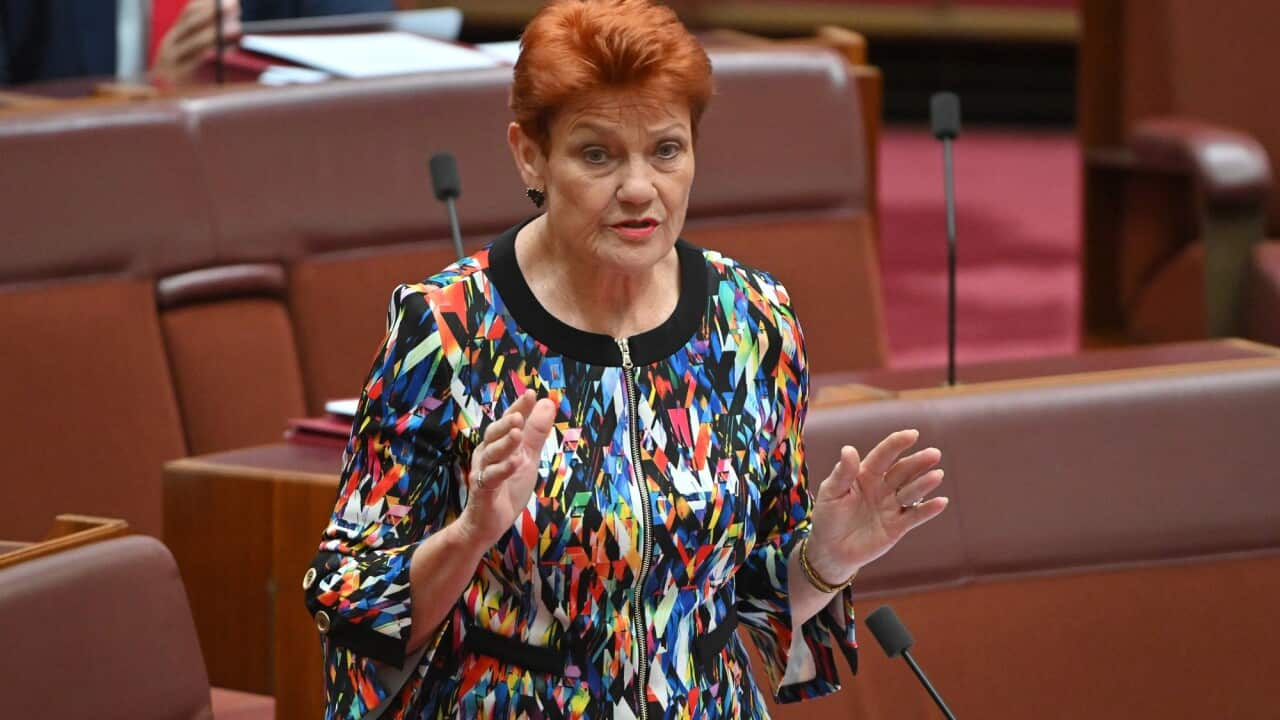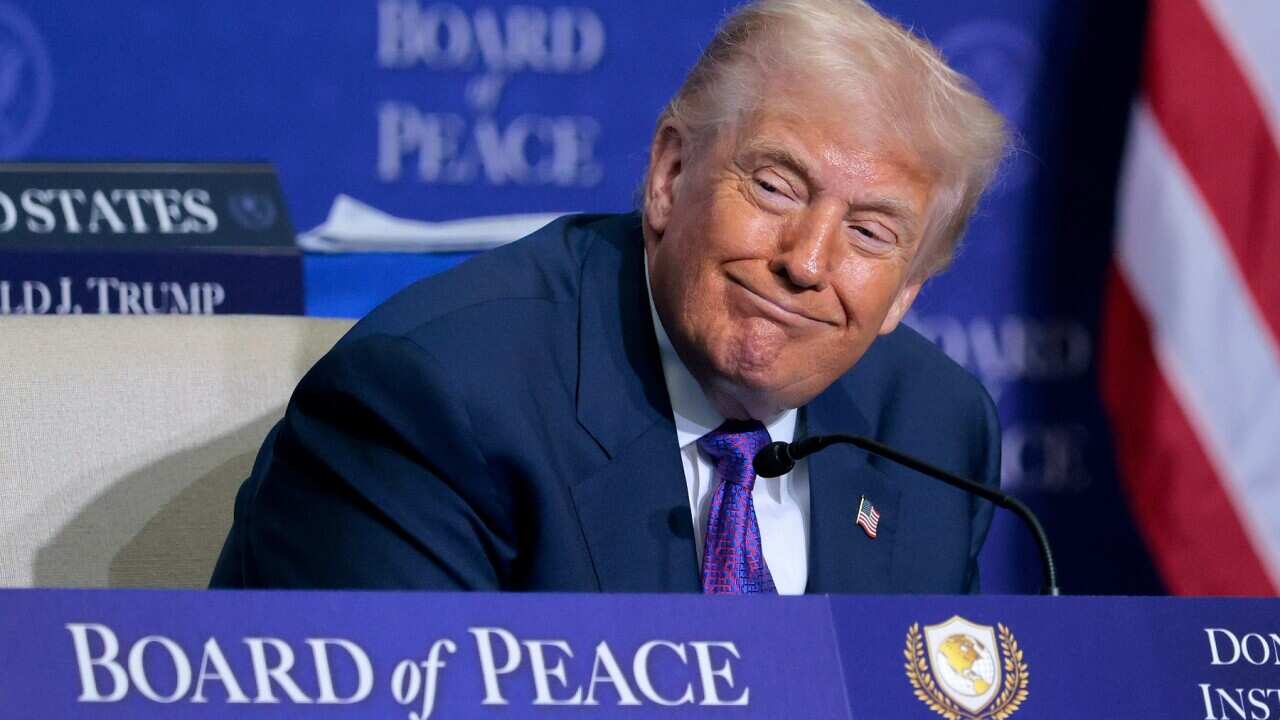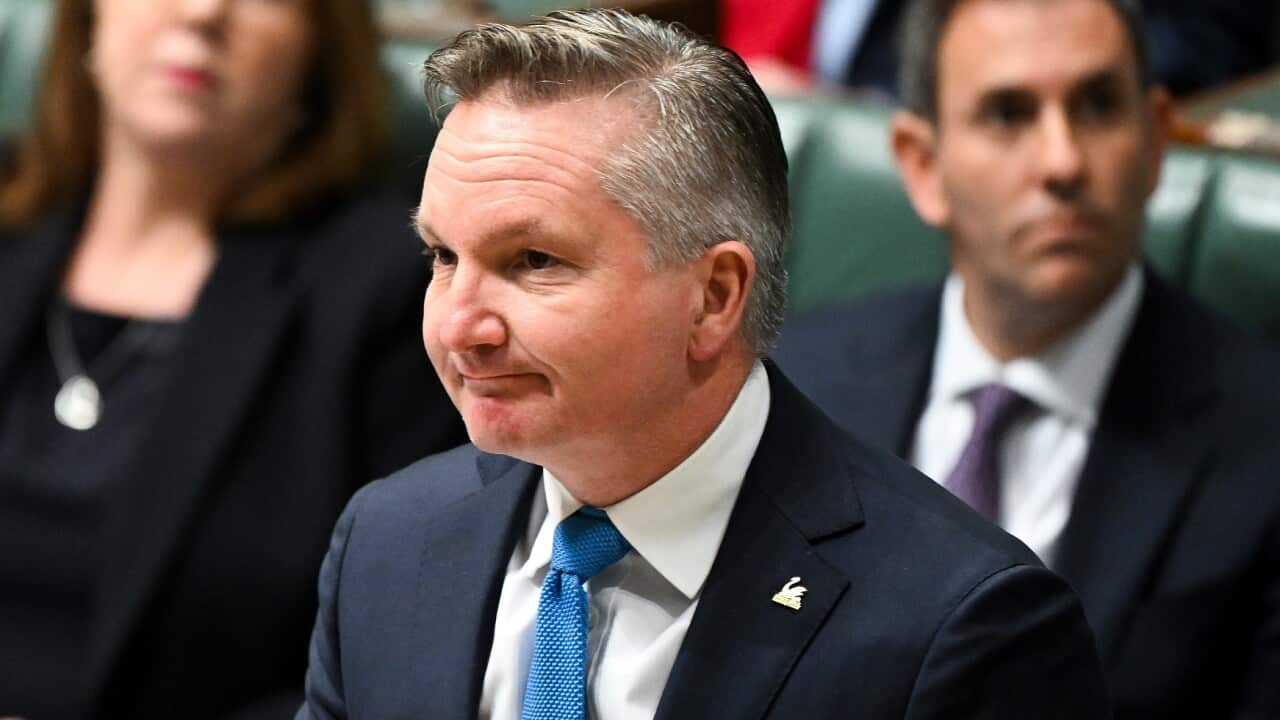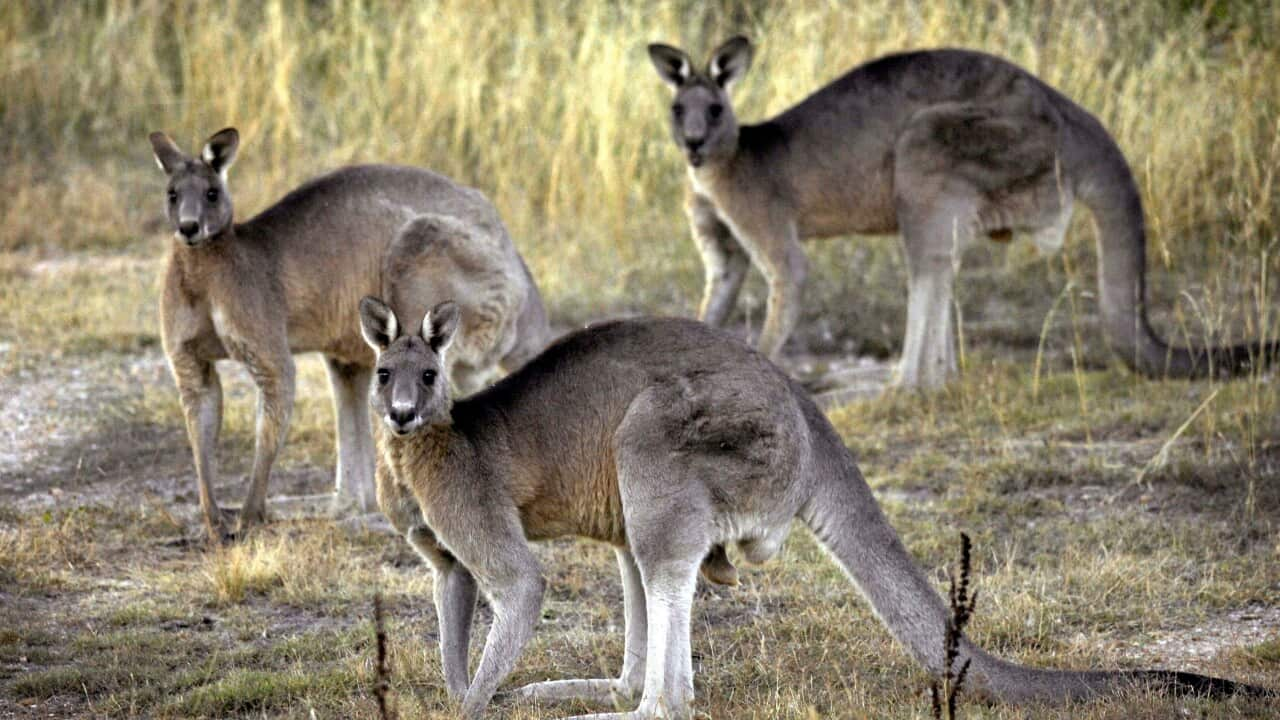Listen to Australian and world news, and follow trending topics with SBS News Podcasts.
TRANSCRIPT
The Federal Government have announced an almost $600 million boost to the nation's cyber defences as part of their long-awaited Cyber Security Strategy.
This year alone millions of Australians had their data stolen and shared online after the major cyber attacks on Optus and Medibank.
Cyber Security Minister Clare O'Neil says recent events have highlighted the need for immediate action.
"If we have learned anything this year it's that we cannot continue as we have, we cannot have a situation where we've got data flying around the country where we've got critical infrastructure starting to fail. Where we've got small businesses and citizens who are consistently telling us that they feel vulnerable."
Earlier this month [[Nov 10]] Australia's biggest port operator D-P World was also a target of a cyber attack, disrupting operations in and around the country.
The government says technological advancements mean that risk will only worsen.
"We know that - as bad as the cyber environment is for us right now - we have reason to believe that things are going to get worse and that we are going to face increasing risks. There is no politician in the world, no politician in our country, who can look their citizens in the eye and say we're not going to have any more cyber attacks. There is no public policy option here that reduces cyber risk to zero. What we do need to do is make sure that we're making our country a harder target."]
The government has unveiled its Cyber Security Strategy in an effort to fight back against cyber crime.
Almost $600 million dollars will be spent between now and 2030 with the bulk going to support small and medium size businesses combat cyber attacks.
There's also $146 million to defend critical infrastructure and improve government cybersecurity and $130 million for regional and global cybersecurity initiatives.
They will also establish a special board - similar to transport accident investigators - to learn lessons from previous hacks.
Professor Johanna Weaver, founding Director of the Tech Policy Design Centre at the Australian National University, says it's an ambitious plan.
"I think it's a great strategy. It's very comprehensive, so it covers everything from individuals to small business to industry and also to government, saying they need to get their own house in order. So it's very ambitious, very comprehensive and much needed."
The new plan will also force businesses to report when they've been hacked.
This funding for the plan is on top of $2.3 billion dollars already promised under the Morrison government as part of a $10 billion package for the Australian Signals Directorate.
But the Opposition remains unimpressed with the new strategy, with their spokesperson for cyber security James Paterson saying it's a disappointment.
"There are many more things that could have been in here, that should have been in here. After all that talk, after all that rhetoric. Is Australia going to be any more cyber secure from this strategy? It's extremely doubtful that it will, and that's really disappointing."
The goal of this strategy is to make Australia a world leader in cybersecurity by 2030.
Professor Johanna Weaver says the government is hoping to build off the heightened public awareness about cyber risks following the spate of recent high profile cyber attacks.
"We have of the trifecta of the public wanting action, the government focused on it and industry concerned about it. If we can't make meaningful progress with that Trifecta behind us, we're never going to make meaningful progress on cyber security."]













